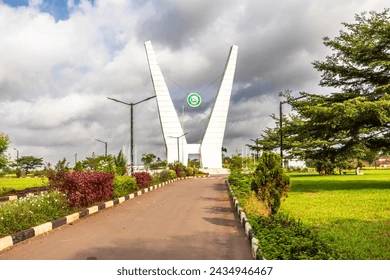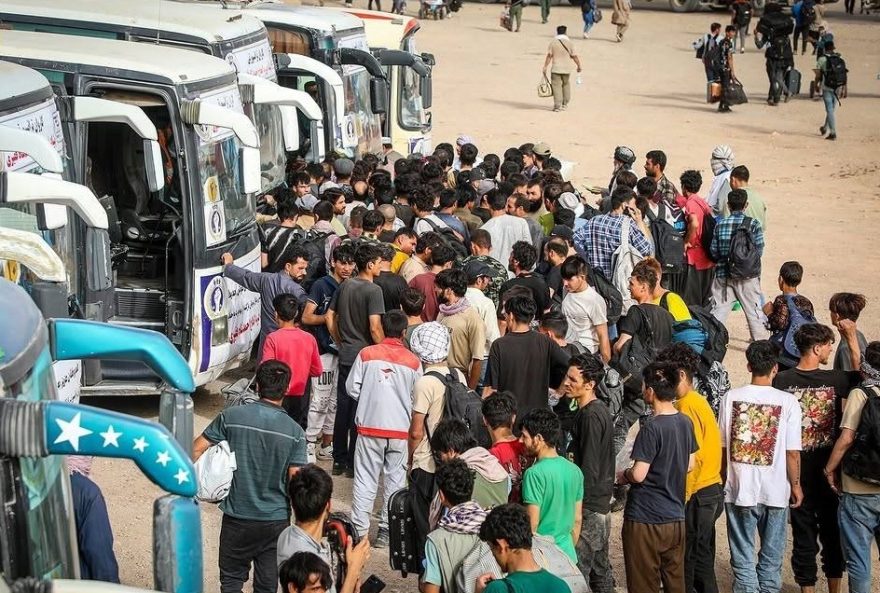Photo credit: All Africa
A new generation of activists is sprouting in Kenya. However, they are armed with smartphones and TikTok accounts instead of megaphones and placards preferred by their forebears to drive political and social change.
DW reports that as their country is enmeshed in soaring living costs and controversial government policies, Gen Zs have dug into digital trenches, harnessing the power of social media to feel a wave of protests and political activism against President William Ruto’s administration.
The seemingly peaceful youth-led rallies against proposed tax hikes ballooned into wide action against Ruto and what people see as wasteful spending and corruption in government.
While asserting his belief in freedom of expression and press freedom, Ruto has acknowledged the temptation to shut down the internet. He has, however, chosen not to, thereby maintaining a delicate balance between governance and civil liberties.
TikTok has become the epicenter of Kenya’s political awakening. Its bite-size videos, often laced with humour and cultural references, have proved to be a potent factor in young Kenyans expressing their discontent, sharing their experiences, and connecting with like-minded individuals.
According to DW correspondent Edith Kimani, short videos offer digestible information that is to the point and moves the dialogue along.
This digital solidarity has fueled protests and fostered a sense of community and purpose among Gen Z activists.
The government has been reduced to responding to this digital uprising with a mixture of threats and cautious engagement.
“It’s almost like this veiled threat that comes in the form of an assurance, which might explain why people are so on edge right now,” Kimani said.
Many activists have adopted various security measures for fear of being tracked and targeted. They include the use of virtual private networks to circumvent restrictions and the encryption of communications.
Some are even anonymous. They have refused to release their names to journalists for fear of reprisals.
Kimani said, “What I’m finding interesting at this time is also that you know that level of surveillance online is shifting offline.
“So, when we go to interview people and we ask them for their names, people don’t want to reveal their true identities, their faces, but they don’t want us to tell their names. In fact, they’re accusing us of setting them up so that they can be tracked by government.”
Disinformation has become a major concern as the battle for hearts and minds rages online.
Odanga Madung, a data scientist and journalist who is also a co-founder of Odipo Dev, an organization that specializes in data analysis and visualization, warned of the growing sophistication of disinformation campaigns.
“disinformation works not only as a way of trying to deceive people but, even more so, as a distraction. It’s a very effective form of censorship that many people don’t think about,” Madung said.
But despite the challenges, the country’s Gen Z activists are undeterred. They continue using the power of social media to amplify their voices.







